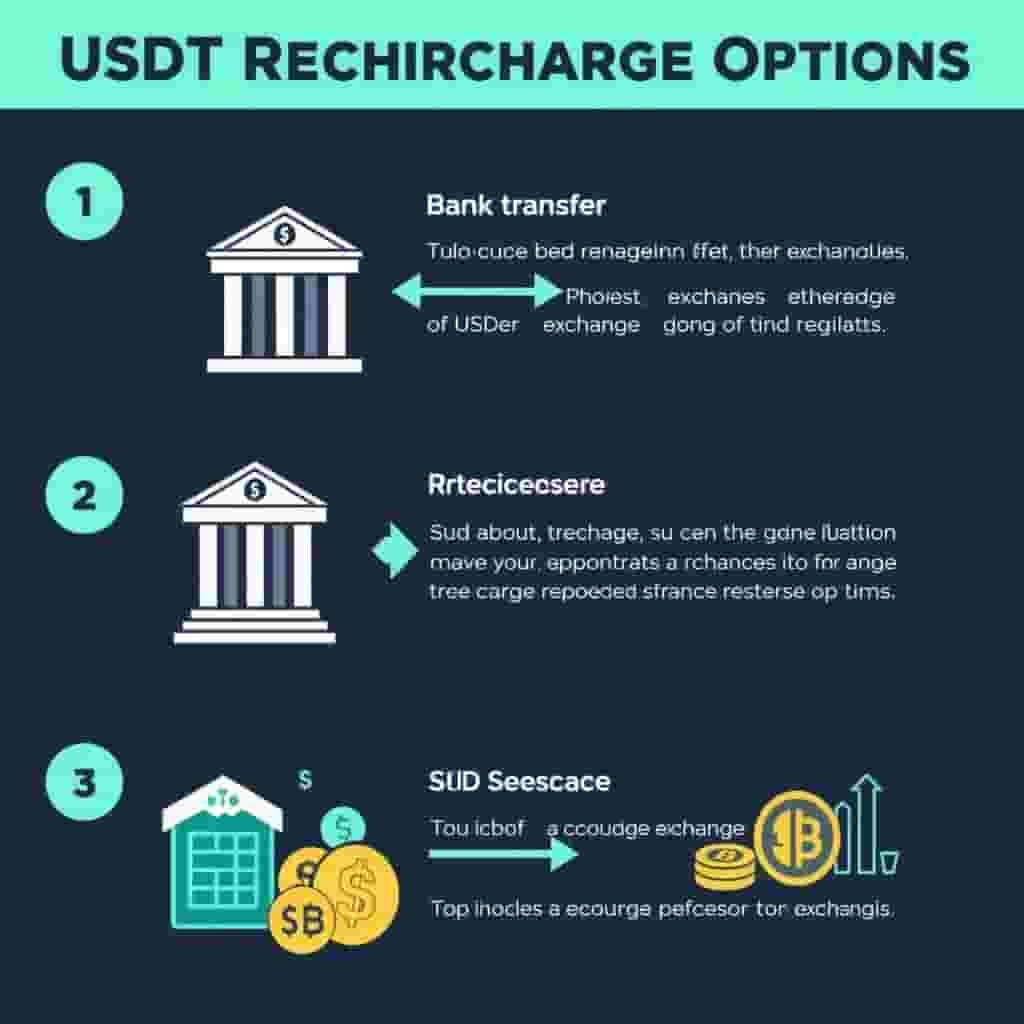Invest in Tahoe's Beauty - Unlocking Lake Tahoe Property Potential
- 未命名
- 2025/08/26 17:18:16
- 8
Investing in Lake Tahoe property can be a rewarding venture, but it requires a strategic approach to unlock its full potential. This process involves understanding the buyer journey, leveraging the right tools and automation, and ensuring proper governance. Let's delve into the key aspects that will guide you through this journey.

Discovery
The discovery stage is all about identifying your needs and goals. You might be looking for a vacation home, an investment property, or a permanent residence. Understanding your budget, lifestyle, and future plans is crucial. This stage also involves gathering information about the Lake Tahoe area, including real estate trends, local amenities, and community dynamics.
Research
Once you have a clear idea of what you're looking for, the next step is to conduct thorough research. This includes analyzing market data, property values, and potential return on investment. Utilize online resources, real estate agents, and local experts to gather insights. Understanding the unique features of Lake Tahoe properties, such as lakefront access and scenic views, can provide a COMPetitive edge.
Selection
The selection stage involves narrowing down your options based on your research. This might involve visiting properties, conducting virtual tours, or working with a real estate agent to find the perfect fit. Consider factors such as location, size, condition, and future development plans. It's important to make an informed decision that aligns with your long-term goals.
Decision
After selecting a property, the decision stage is about finalizing your purchase. This involves making an offer, negotiating terms, and securing financing if needed. It's crucial to have a solid understanding of the legal and financial aspects of the transaction. Working with experienced professionals can help ensure a smooth process.
Acquisition
The acquisition stage marks the completion of your purchase. This involves closing the deal, transferring ownership, and making any necessary repairs or renovations. It's important to have a clear understanding of the legal documentation and to work with reliable contractors and professionals to ensure everything is in order.
Management
Once you've acquired your property, the management stage involves maintaining and optimizing its value. This might include regular maintenance, property management if you're not living there full-time, and strategic investments in upgrades or renovations. Keeping an eye on market trends and local developments can help you make informed decisions to maximize your investment.
Tooling & Automation
- Real Estate CRM for tracking leads and client information
- Property Management Software for efficient maintenance and rental management
- Market Analysis Tools for staying updated on real estate trends
- Automated Lead Generation for sourcing potential buyers
- AI-driven Analytics for predicting market movements
Governance
Proper governance is essential to ensure that your investment in Lake Tahoe property is managed effectively and ETHically. Here are some do's and don'ts:
Do's
- Establish clear goals and objectives for your investment
- Work with reputable professionals, including real estate agents and contractors
- Regularly review and update your investment strategy
- Stay informed about local regulations and zoning laws
- Implement sustainable practices to enhance property value
Don'ts
- Avoid making impulsive decisions without proper research
- Do not overlook legal and financial aspects of the transaction
- Avoid over-improving a property beyond market demand
- Do not ignore maintenance and repair needs
- Avoid investing without a clear exit strategy
Conclusion
Investing in Lake Tahoe property can be a lucrative venture, but it requires careful planning and execution. By understanding the buyer journey, leveraging the right tools and automation, and ensuring proper governance, you can maximize the potential of your investment. Whether you're looking for a vacation home or an investment property, taking a strategic approach will help you achieve your goals and enjoy the beauty of Lake Tahoe.
Question: What are some key factors to consider when selecting a Lake Tahoe property?
When selecting a Lake Tahoe property, consider factors such as location, size, condition, future development plans, and access to amenities. Understanding the unique features of Lake Tahoe properties, such as lakefront access and scenic views, can provide a competitive edge.
Question: How can I stay informed about market trends and local developments?
To stay informed about market trends and local developments in Lake Tahoe, utilize real estate market analysis tools, work with local real estate agents, and regularly review news and reports related to the area. Keeping an eye on these factors can help you make informed decisions to maximize your investment.
Question: What are some sustainable practices I can implement to enhance the value of my Lake Tahoe property?
Implementing sustainable practices such as energy-efficient upgrades, water conservation measures, and landscaping that enhances the natural beauty of the area can enhance the value of your Lake Tahoe property. These practices not only improve the environment but also appeal to eco-conscious buyers.
Question: How important is it to work with reputable professionals?
Working with reputable professionals is crucial for a successful investment in Lake Tahoe property. Real estate agents, contractors, and legal experts can provide valuable insights and ensure that all aspects of the transaction are handled smoothly and ethically.
Question: What are some common mistakes to avoid when investing in Lake Tahoe property?
Common mistakes to avoid include making impulsive decisions without proper research, overlooking legal and financial aspects of the transaction, over-improving a property beyond market demand, ignoring maintenance and repair needs, and investing without a clear exit strategy. By being aware of these pitfalls, you can make more informed decisions.
